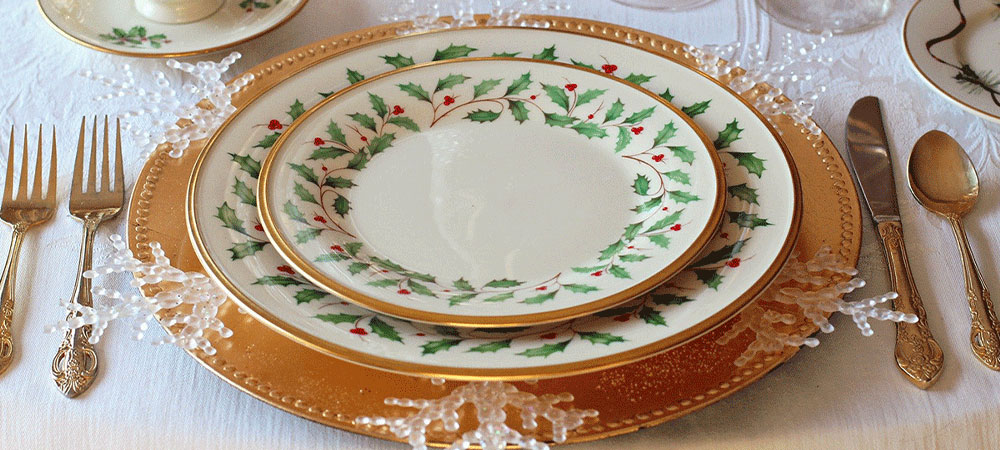Keep Holidays Safe For Those With Food Allergies

Most holiday events seem to be centered around food – baking, gathering for a meal, holiday potlucks and more. When your child has food allergy, it can make these “supposed to be fun” events pretty scary.
The food allergy conversation can be awkward. You don’t want to be confrontational, but you understand the importance of food allergy education and the risks if food allergy isn’t taken seriously. Emily Melby, RDN at Allergy Associates of La Crosse, gives tips for communicating about food allergies to your family and friends, and ways to make holiday celebrations safer.
Communicate beforehand
The first step is to communicate with the host and inform them of the food allergies in your family. You’ll want to reach out as soon as possible after receiving the invitation to give them ample time to make any adjustments. Depending on the host, they may work to make it allergy-free, and others may be uncomfortable with this. Stay open to both opportunities (and keep reading for tips!).
Another suggestion from Emily, “Before the event, send out an email to those attending the party. Or, if it’s a small event, consider calling for a more personal approach. Ask for everyone’s understanding to not give your child any food.” With holiday treats all around, it’s important to not offer food to children.
One more pre-event reminder, “If you’re sending out information before an event, stress that food shouldn’t be exchanged as gifts.”
Tell your story
To keep yourself and others comfortable when explaining the food allergies in your family, Emily suggests channeling storytelling. Statistics and facts can be meaningful to some, but your friends and family are likely to respond to a story about your child. It makes it more personal and real.
“Explain their past reactions, how many times you’ve had to go to the emergency room. Make it real to them,” Emily explains. “Hopefully knowing what you’ve gone through will get them to be more empathic.”
She also stresses that past reactions don’t predict future reactions. Though a reaction may have been mild after first exposure, it could be severe next time. Make sure others understand the potential danger, and that any exposure has the potential to be life threatening.
Make modifications
When you’re at the event, make modifications to avoid cross contact and accidental exposure. Emily gives great tips for keeping it safe and inclusive at meal time:
- You can ask for separate food tables, one that will have foods containing the allergens and one that will not.
- If separate tables don’t work, dish up your child’s food before it even makes it to the serving area and set it aside for the child. Cross contact is a big thing, especially with the spoons going in and out of dishes.
- You’ve got to stress the importance of clean utensils to the host. If it works for you, and depending on the age of the child, you could bring your own plates and utensils.
It’s also a good idea to bring alternative foods, just in case. This is especially important if it’s more of a potluck style event and there are many cooks involved, using a wide variety of ingredients. Here are Emily’s tips:
- If there is going to be pie, for example, you’ll want to bring a sweet treat for your child so they’re not feeling left out.
- Store the allergy-free foods on top of the pantry or fridge to avoid cross contact.
Remember, you are the expert on your child’s food allergy. Answer questions, use your best judgement, and remember to have fun.
To add a layer of safety to protect against accidental exposure, consider adding sublingual immunotherapy to your child’s treatment plan. Find more information about this safe and effective treatment here.
By Taylor Pasell, Allergychoices


